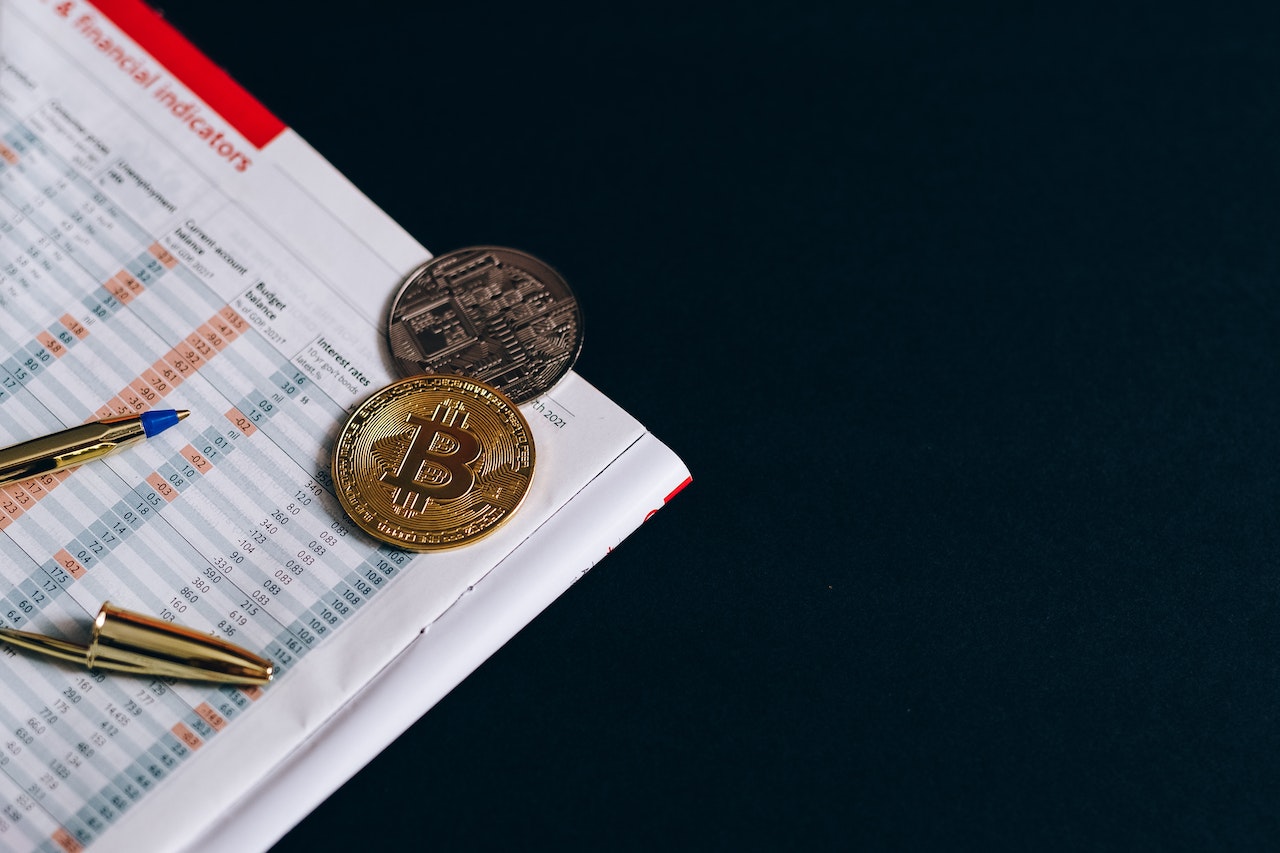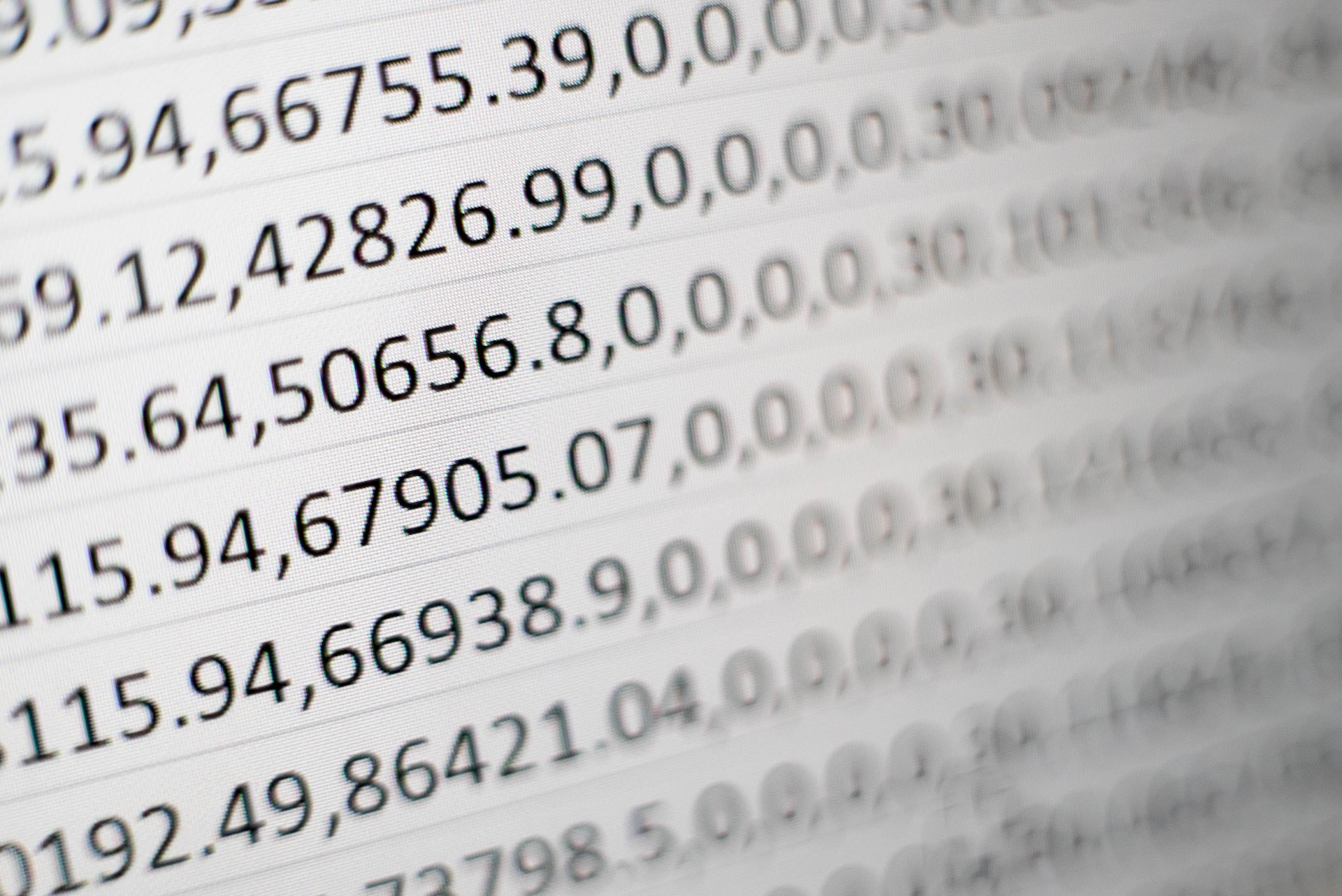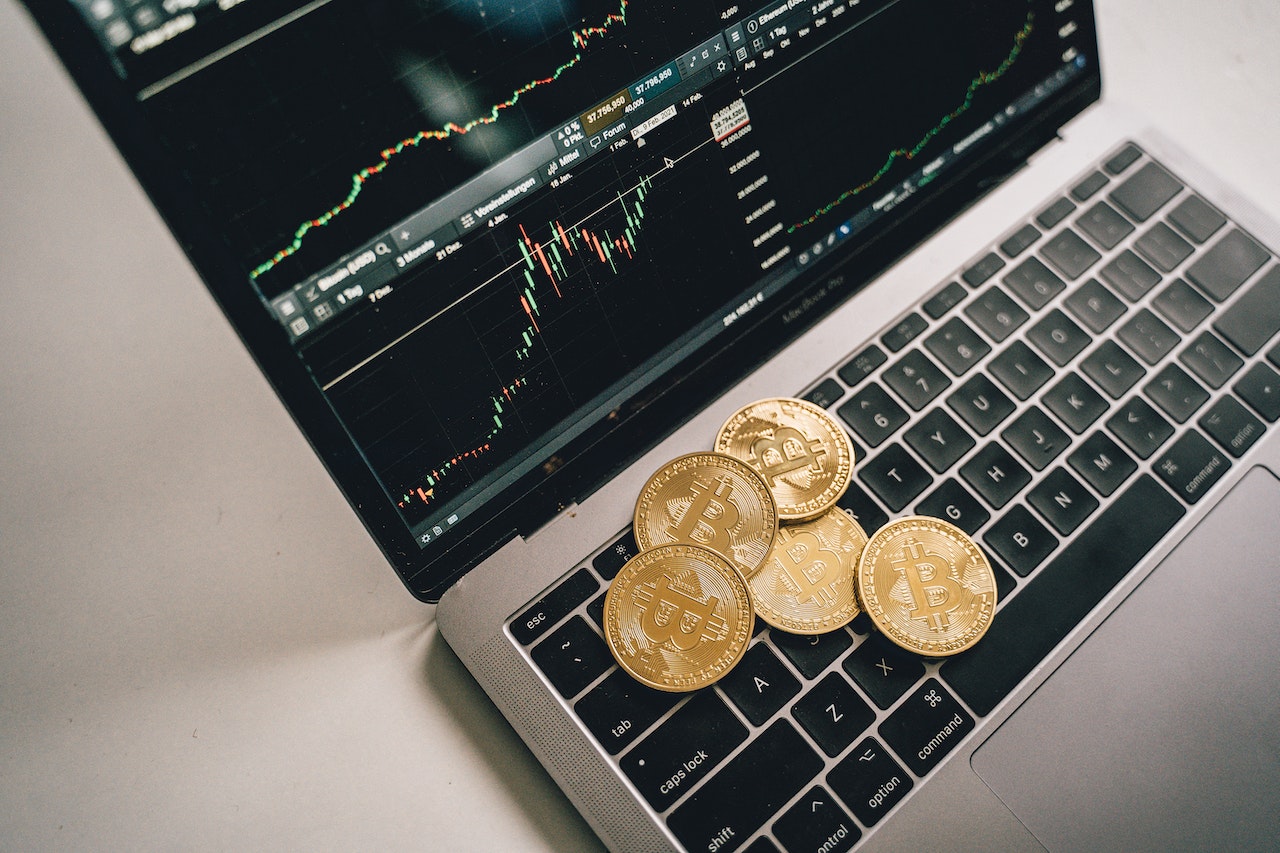Anonymity and openness of the blockchain is a good thing
Blockchain is open, everyone can see everything. So Bitcoin has no anonymity, it has “pseudonymity. For example, if an attacker demands a ransom for a wallet, everyone understands that the wallet belongs to the bad guy. And since anyone can monitor transactions from this wallet, the fraudster will not be able to use the bitcoins he received so easily, because if his identity is revealed somewhere, he will be immediately put in jail. Almost all exchanges require authentication for exchanging bitcoins for regular money.
That is why criminals use what is known as a “mixer”. The mixer mixes dirty money with a lot of clean money, and thus “launders” it. The perpetrator pays a large commission for this, and risks a lot, because the mixer is either anonymous itself (and can escape with the money), or is already under the control of someone influential (and can turn in the authorities).
But let’s leave the problems of criminals, why is pseudonymity bad for honest users? Here is a simple example: I transfer some bitcoins to my mother. After that she knows:
- How much total money I have at any given time.
- How much and, most importantly, exactly what I spent it on at all times. What I bought, what roulette I played, what politician I supported “anonymously.”
Or if I paid back a friend’s debt for lemonade, he now knows all about my finances. Do you think this is nonsense? How about opening up your credit card financial history for all to see? And not just the past, but all of the future.
If it’s okay for individuals (you never know, someone wants to be “transparent”), it’s fatal for companies: all of their contractors, purchases, sales, customers, volume of accounts, and in general everything and everything becomes public. The openness of finances is probably one of Bitcoin’s biggest drawbacks.








